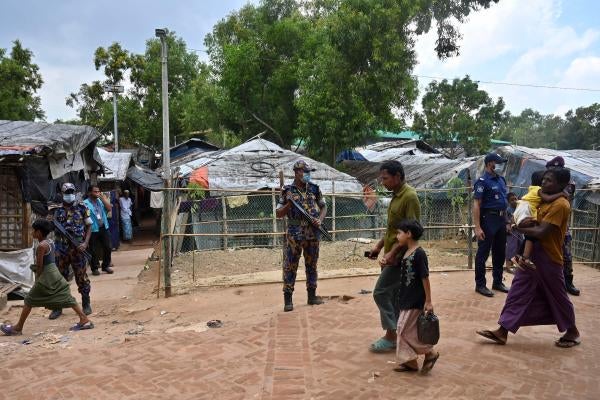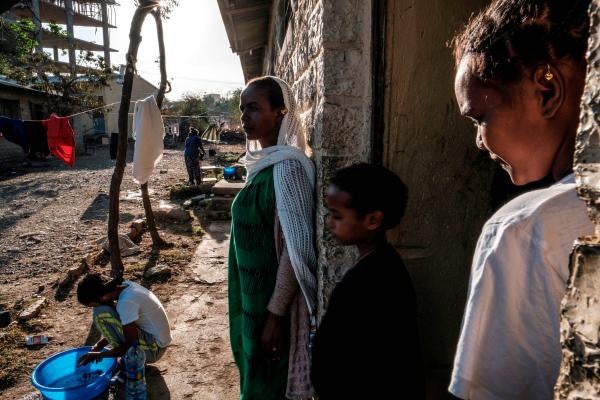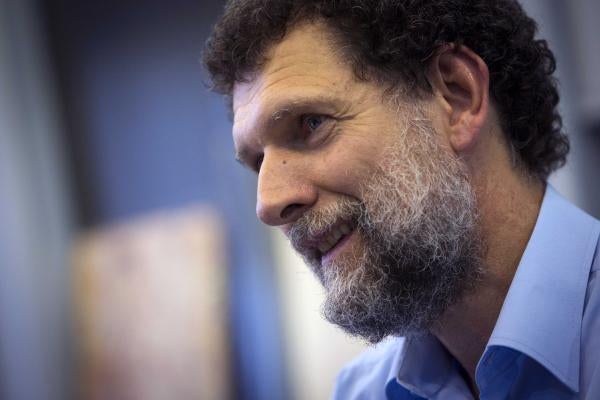Leer la versión en español
Lire la version en français
Armed groups and criminal gangs are terrorizing Rohingya refugees in Bangladesh, and Bangladesh authorities are doing little to stop it.
A new report documents murder, kidnapping, torture, sexual assault, rape, and forced marriage. Many of those killed have been Rohingya community leaders or their family members. Scores of refugees have been abducted for ransom and threatened or tortured.
About one million ethnic Rohingya refugees live in Bangladesh, in the sprawling, overcrowded camps in Cox’s Bazar or on an isolated silt island called Bhasan Char.
Most escaped Myanmar in 2017, when the military went on an atrocity spree against the Rohingya, including forced deportation, persecution, murder, and rape, resulting in countless deaths and mass displacement.
In short, they fled for their lives to Bangladesh. But they’re not safe there.
Now, the obvious question is: Where are Bangladesh authorities in all this?
Short answer: pretty much nowhere.
There is no criminal justice system available to these refugees. Victims cannot even go to the police to file a complaint without approval from the camp-in-charge, a Bangladesh official. Refugees who clear that hurdle and manage to submit a report to police then see no follow-up later, often because they can’t afford the bribes and legal fees demanded.
People also face similar bureaucratic barriers to access legal and medical assistance.
So, authorities fail to provide protection, and don’t prosecute criminals. It’s a situation almost guaranteed to increase crime and insecurity.
It also doesn’t help that Bangladesh authorities have placed ever more restrictions on education and livelihoods in the camps. If kids can’t learn, and young people can’t work, criminal activity starts to look like a rational career choice.
It’s becoming increasingly evident Bangladesh’s government hopes to repatriate these Rohingya refugees back to Myanmar – where, as we’ve noted before in this newsletter, it’s still not safe for them.
But as my colleague and HRW’s deputy Asia director, Meenakshi Ganguly, says, that intention for tomorrow, “does not absolve the government of its responsibility to ensure their protection” today.







